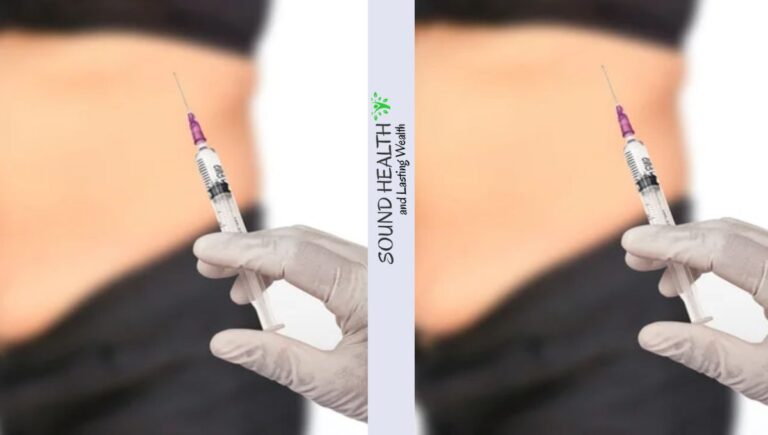Fake Ozempic and Saxenda Jabs Found in UK Causing Serious Effects – Medicines and Healthcare products Regulatory Agency has issued a strong warning about the circulation of fake Ozempic and Saxenda injections in UK. These unauthorised products are linked to severe adverse reactions including hypoglycemic (low blood sugar) shock.
At least 16 people have reported adverse reactions to the fake pens. Up to five of these individuals required hospitalization due life-threatening complications. These counterfeit products are insulin-containing, which can cause a rapid drop in blood sugar when used in an inappropriate dose. This can trigger a variety of symptoms including hypoglycemic stress.
The MHRA is concerned about the growing popularity of Ozempic, and Saxenda. Both are prescription drugs approved to treat type 2 diabetes. Their effectiveness in promoting a weight loss has caused a surge of demand, giving illicit manufacturers an opportunity to produce and sell counterfeit versions.
The MHRA urges the public to be extremely cautious when buying or using Saxenda and Ozempic in order to combat this rising threat. Only legitimate healthcare providers such as pharmacies registered with the FDA can provide these medications. These products should not be purchased from unregistered sources such as social media or online marketplaces.
The MHRA stresses the importance of seeking medical attention immediately if you experience any negative effects after using Ozempic and Saxenda. The MHRA urges healthcare professionals to keep any suspected fake product in quarantine and for testing.
The rise of fake Saxenda and Ozempic highlights the increasing challenge of protecting the pharmaceutical supply chain. The demand for these drugs is increasing, and it’s important that regulatory agencies and healthcare professionals remain vigilant to identify and combat counterfeit products in order to protect the public’s health.
What is weight loss injection?
In recent years, weight loss injections are becoming more popular as a means to improve health and help people lose excess weight. These injections target hormones that influence your metabolism and appetite. Weight loss injections are most commonly a receptor agonist for glucagon like peptide-1. GLP-1, a hormone produced naturally in the body, helps regulate blood sugar and appetite. GLP-1 receptor antagonists can mimic GLP-1’s effects and help reduce appetite and increase metabolic rate.
What are the most popular weight loss injections?
-
Liraglutide (Saxenda). Liraglutide, a GLP-1 receptor-agonist is injected into the body once per day. It reduces appetite by slowing the emptying of your stomach.
-
Semaglutide (Ozempic Wegovy) Semaglutide, another GLP-1 receptor antagonist is injected every week. It is thought to work in the same manner as liraglutide but also increase insulin sensitivity which can lower blood sugar levels.
-
Tirzepatide (Mounjaro). Tirzepatide targets GLP-1 as well as glucose-dependent insulinotropic Polypeptide (GIP). GIP is a hormone that regulates appetite and metabolism. Tirzepatide, injected weekly, has shown to be more efficient than liraglutide and semaglutide in weight loss.
Weight loss injections do not work as a miracle. Weight loss injections should be used along with a healthy eating and exercise plan. They can help people who struggle to lose weight.
Weight loss injections can have many benefits.
- Can you lose weight and maintain it?
- Improves blood sugar control for people with Type 2 Diabetes
- May lower blood pressure
- Can improve cholesterol levels
Weight loss injections can also pose some risks. There are several risks associated with weight loss injections.
- Nausea
- Vomiting
- Diarrhea
- Abdominal Pain
- Constipation
- Low Blood Sugar
It is important that you discuss the pros and cons with your doctor before deciding to use weight loss injections. You can ask your doctor if you should use weight loss injections and they can also monitor any side effects.






+ There are no comments
Add yours